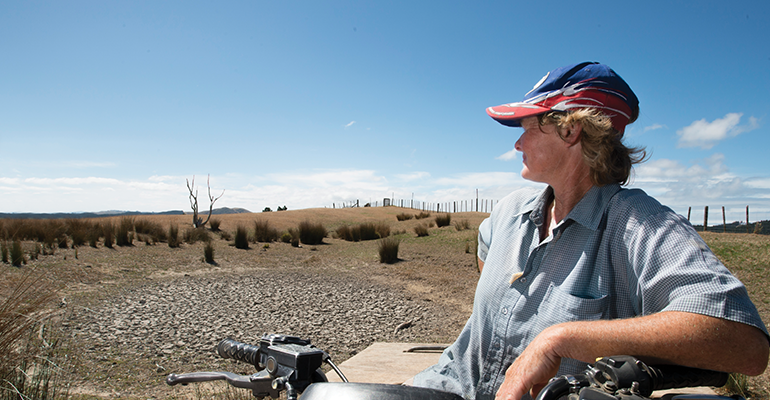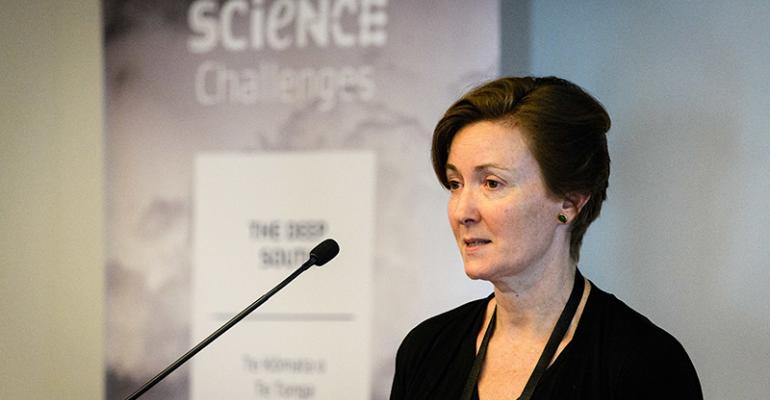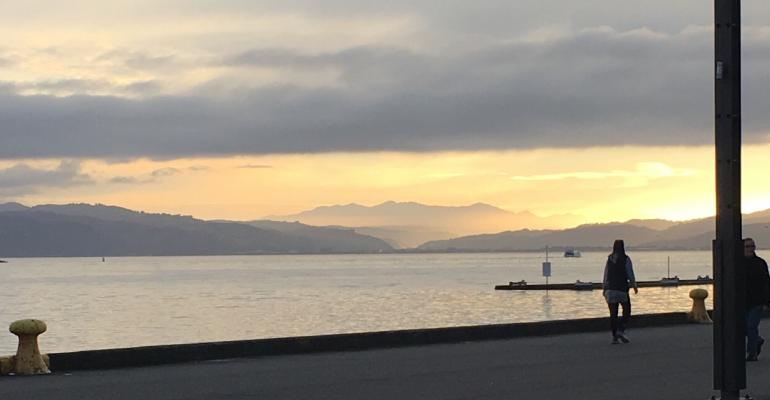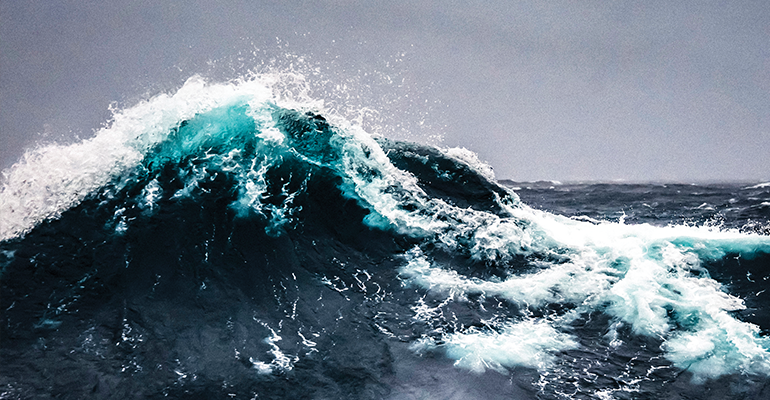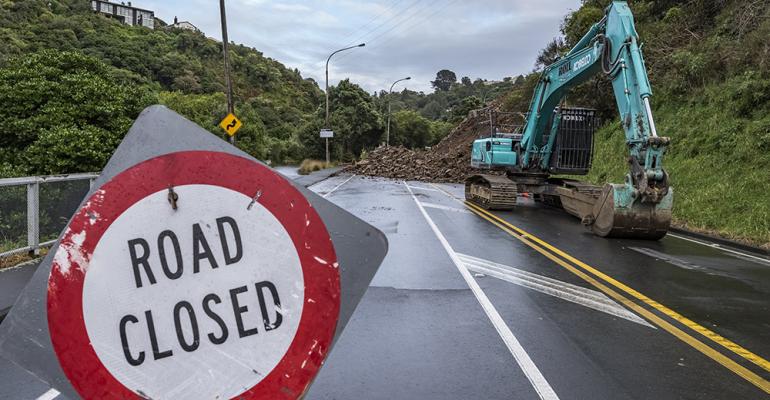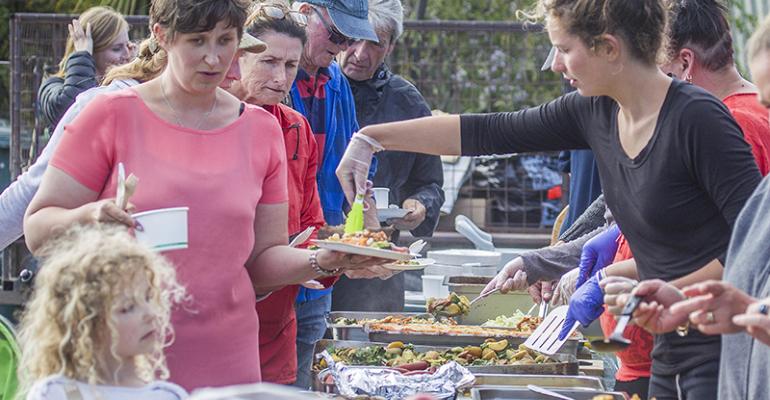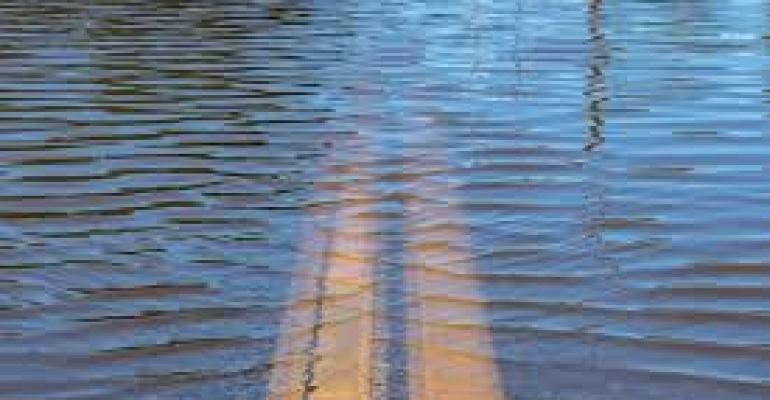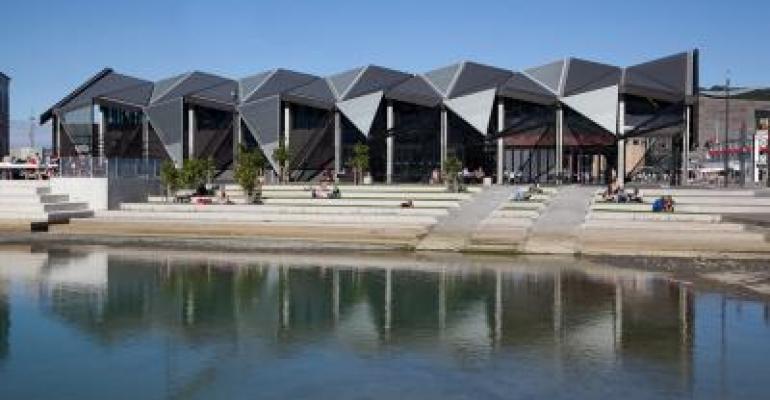Our Vision Mātauranga programme has recently awarded four Masters scholarships in research that will help achieve Vision Mātuaranga goals.
Scholarship recipient Raiatea Barlow Kameta (Ngāitai, Ngāti Pikiao, Ngāti Maniapoto, Waikato Tainui, Whakatōhea), studying at Victoria University of Wellington, describes her research into the impact of flooding and climate change on her marae at Marokopa, in the Waikato.
“Kia mau tonu ki tēnā, kia mau ki te kawau mārō. Whanake ake! Whanake ake.” —Ngāti Maniapoto whakataukī
When I was first taught about climate change, I was amazed that this big blue ball we live on was really a constantly changing system of bits and pieces. I really liked the idea that all these “spheres” interacted with and responded to one another at vast and minute spatial and temporal scales. Doing a geology and geography degree, I learned about Earth’s 4.5 billion-year history. One of the most important lessons for me has been that the Earth was here billions of years before us, and will be still be here after we’re gone. We are the renters, not the owners. Looking at the geology side of the equation was a great way for me to start my university experience, because it gives context – frames the issue.
Anthropogenic climate change is a huge change to the natural cycles of climate, and you can’t fake that kind of evidence, it’s literally “in stone” (or ice and sediments!). I knew I wanted to do something around climate change, but I wanted to focus on the present. Having seen the devastation caused by last year’s flooding across the country, I knew flooding research was something I was interested in scientifically, and passionate about, and that it would also hopefully benefit people in a tangible way.
My research aims to model, using something called the Land Utilisation and Capability Indicator (LUCI), the impact climate change will have on flooding at Marokopa (in the Waikato). I wanted a project that was close to home, and that would produce results that were useful for my people. Marokopa marae, a marae of one of my iwi (Ngāti Maniapoto), is at a higher risk of flooding because of how close it is to the ocean, the impact of erosion in the area and how climate is expected to change in the region.
In the course of the research, we start by building up a historical record of flooding which, along with data gathered through research and field work around the topography, geology, soil, erosion, land use, marine influence and rainfall, will be put into our model. This framework then shows how future climate change will affect the amount and timing of water passing through the landscape, from rainfall in the upper catchment, to groundwater saturation and sea level rise. We hope to provide mapping of where flooding and erosion will happen in future, specifically around the marae, so that we can better prepare for it in the present.
Who are the people responsible for my love of learning? My parents, both of whom are incredibly smart and supportive. My grandparents had a very grounded, connected knowledge of their people, for which I have absolute respect and admiration. I have had so many excellent teachers, and am so grateful for where their teachings have led me. Inspiration has come from lots of places. I think, being Māori, I have an awareness about and a need to look at topics from different perspectives. This was a large driving force behind wanting to learn – I was really curious about the world. Research is just an extension of learning, a practical application per se.
Both sides of my family have strong role models, who are or were extremely passionate about their work, and who have given so much time to their loved ones and communities. Whether it be tribunal claims or poukai rounds, they have a dedication and drive to give something back. Growing up around that kind of focus, strength and dedication has given me a push to do something worthwhile. To find something that I was passionate about, but that was also needed. University was the place for me, I think, because I wanted to learn, and I knew I needed to grow up and into a more independent person. Being away from home has been hard at times, but I think that’s the only way you can really find out what you can do. The opportunities here at university are endless, so that was the place for me to go!
If, as a result of this research, stakeholders and leaders make better decisions for our environment, that would be the ultimate achievement. Still, in terms of a science and passion-project, if one person saw this study and wanted to learn more about climate change, or science in general, that would probably, personally, be even better.
